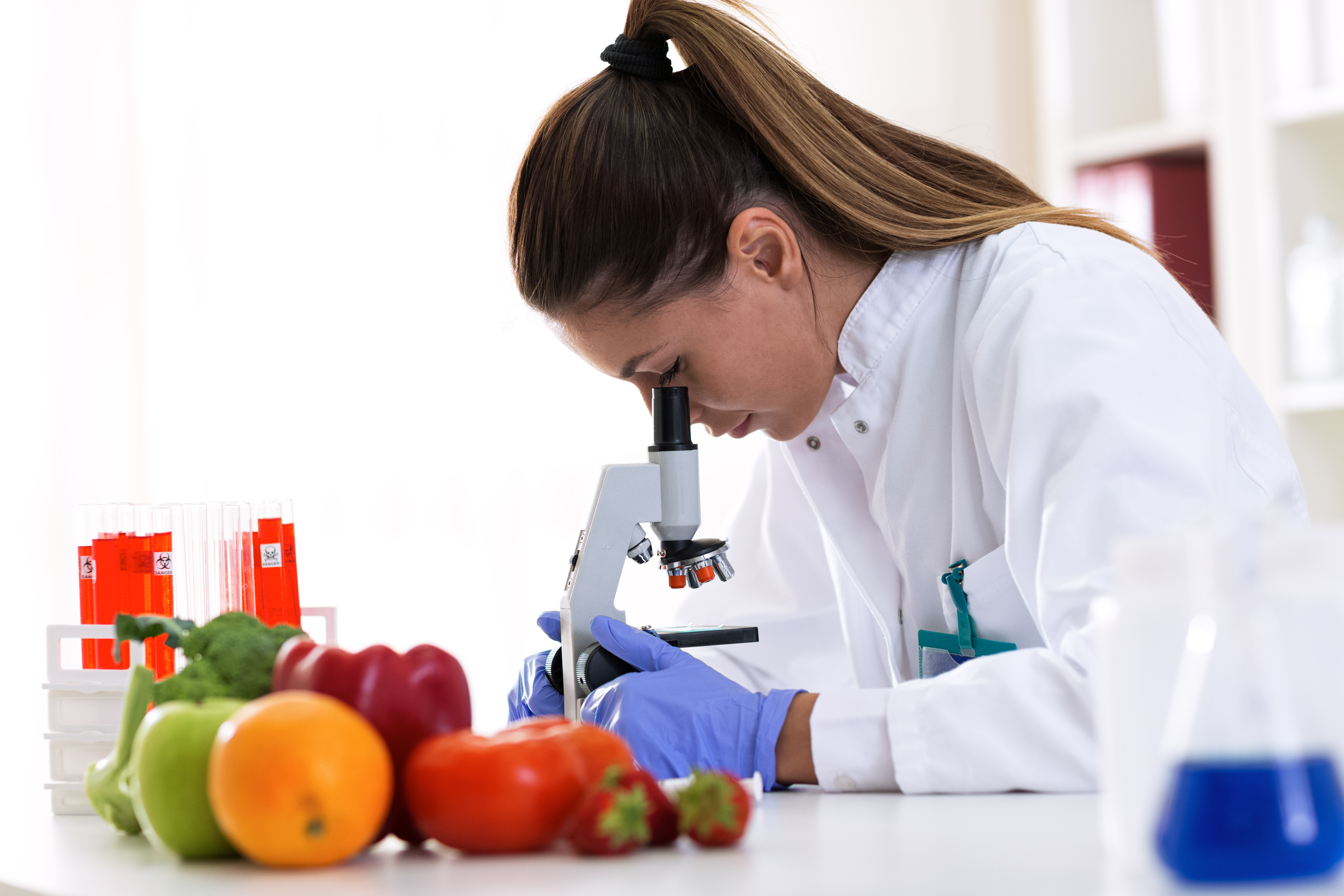The Future of Food

The future of food is being driven by the demands of the consumer and some pretty amazing technology is resulting from it. For example, consumers want healthier products and products that have less of an environmental impact. Some companies are taking small steps to meet those demands and others are searching to take giant leaps that revolutionize the food and beverage industry. This article is going to focus on the latter and what the potential impact could be.
Today only 33% of people “strongly agree” that they are confident in the safety of the food they consume. So how can technology help people know that the food they are eating is safe? Why not develop something that helps them determine the safety of their food as they consume it? That is exactly what Baidu, a Chinese search engine plant has done. They developed smart chopsticks that can detect the freshness of cooking oil. That is just the beginning, soon utensils may be able to detect many other factors around food safety . On an even more extreme side, Tufts University has created a tooth sensor, which is two millimeters by two millimeters that can measure glucose, sugar and alcohol intake.
Another major push will be to cater to shoppers’ environmental values over the next few decades. This is leading to a rapid influx of companies getting into the lab grown meats industry. In America alone, we consume 26 billion pounds of beef a year. That demands a massive industrialized livestock system that is problematic for the planet. One cow can consume up to 11,000 gallons of water a year. Worldwide, livestock may be responsible for 15 percent of greenhouse gas emissions. And the system rarely has the animals’ best interests in mind. Cultured tissue offers a way to potentially grow many meals’ worth of meat from just a handful of cells. “Theoretically from one little piece of meat you can create an unlimited amount,” says Mike Selden, CEO of Finless Foods. There are still many hurdles like understanding lab grown meats true environmental impact, making it cost effective, and getting it to actually taste good with repeatable results.
The future of food is going to be shaped by companies that are taking leaps to revolutionize the way we eat and what we eat. Not every idea will succeed, but the ones that do will help us and the planet be healthier.
